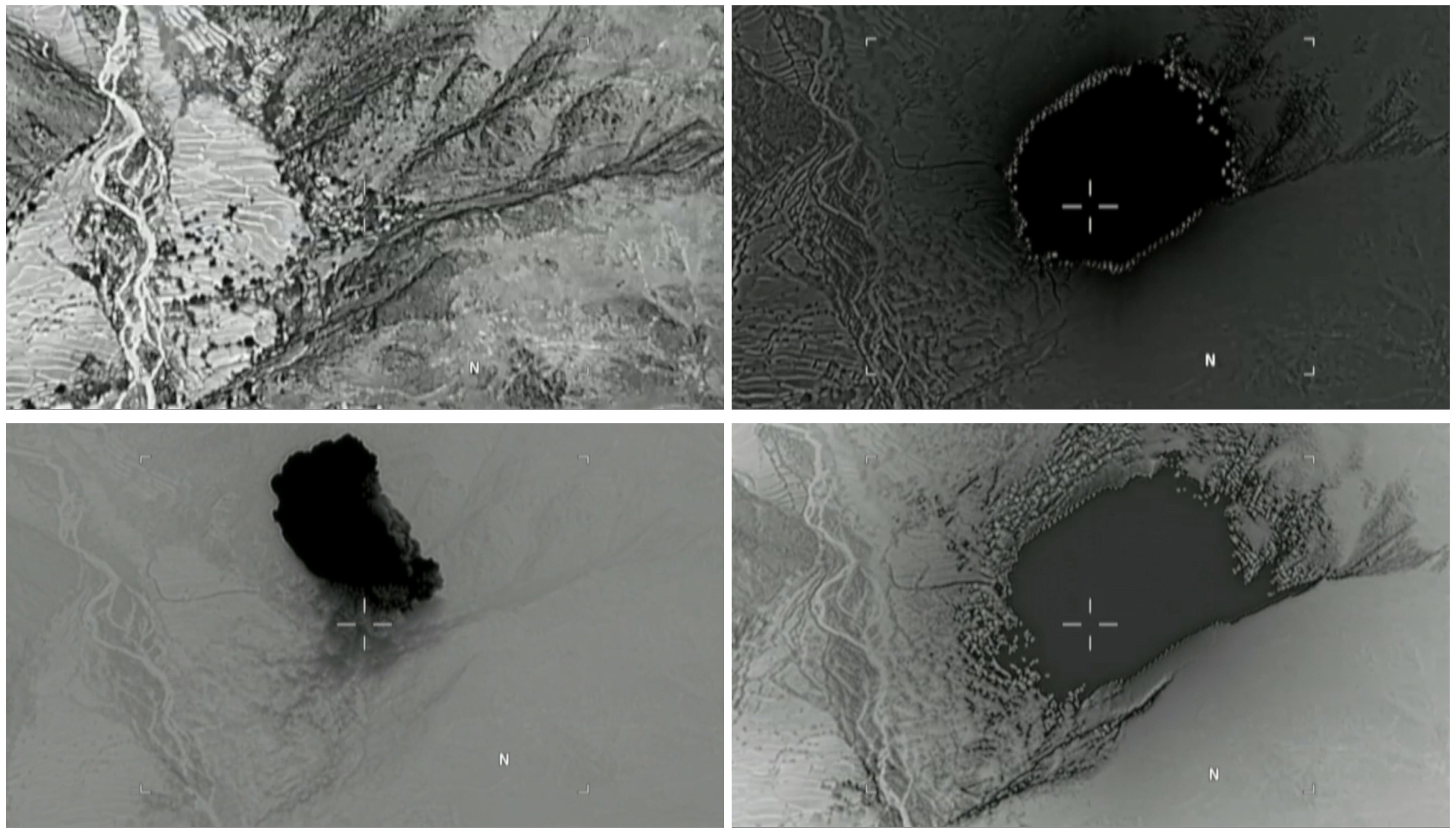
By John Irish
PARIS (Reuters) – French intelligence has concluded that forces loyal to Syrian President Bashar al-Assad carried out a sarin nerve gas attack on April 4 in northern Syria and that Assad or members of his inner circle ordered the strike, a declassified report showed.
The chemical weapons attack on the town of Khan Sheikhoun killed scores of people, according to a war monitor, Syrian opposition groups and Western countries. It prompted the United States to launch a cruise missile strike on a Syrian air base, its first deliberate assault on the Assad government in the six-year-old conflict.
Assad has said in two media interviews since April 4 that the evidence of a poison gas attack was false and denied his government had ever used chemical weapons.
The six-page French document, seen by Reuters and drawn up by France’s military and foreign intelligence services – said it reached its conclusion based on samples they had obtained from the impact strike on the ground and a blood sample from a victim.
“We know, from a certain source, that the process of fabrication of the samples taken is typical of the method developed in Syrian laboratories,” Foreign Minister Jean-Marc Ayrault told reporters after presenting the findings to the cabinet.
“This method is the signature of the regime and it is what enables us to establish the responsibility of the attack. We know because we kept samples from previous attacks that we were able to use for comparison.”
Among the elements found in the samples were hexamine, a hallmark of sarin produced by the Syrian government, according to the report.
It said the findings matched the results of samples obtained by French intelligence, including an unexploded grenade, from an attack in Saraqib on April 29, 2013, which Western powers have accused the Assad government of carrying out.
“This production process is developed by Syria’s Scientific Studies and Research Center (SSRC) for the regime,” the report said.
The United States on Monday blacklisted 271 employees belonging to the agency.
Syria agreed in September 2013 to destroy its entire chemical weapons program under a deal negotiated with the United States and Russia after hundreds of people were killed in a sarin gas attack in the outskirts of the capital, Damascus.
The report said that based on its assessments, there were “serious doubts on the accuracy, completeness and sincerity of the dismantlement of Syria’s chemical arsenal.”
SIX WARPLANE STRIKES
The report, which lists some 140 suspected chemical attacks in Syria since 2012, also said intelligence services were aware of a Syrian government Sukhoi 22 warplane that had struck six times on Khan Sheikhoun on April 4 and that samples taken from the ground were consistent with an airborne projectile that had munitions loaded with sarin.
“The French intelligence services consider that only Bashar al-Assad and some of his most influential entourage can give the order to use chemical weapons,” the report said.
It added that jihadist groups in the area in Idlib province did not have the capacity to develop and launch such an attack and that Islamic State was not in the region.
Assad’s assertion that the attack was fabricated was “not credible” given the mass flows of casualties in a short space of time arriving in Syrian and Turkish hospitals as well as the sheer quantity of social media posts and video showing people with neurotoxic symptoms, said the report.
The Organisation for the Prohibition of Chemical Weapons (OPCW) said on April 19 that sarin or a similar banned toxin was used in the Khan Sheikhoun attack, but it is not mandated to assign blame.
Russia, which backs Assad in the conflict that has killed hundreds of thousands and displaced millions, has said the gas was released by an air strike on a poison gas storage depot controlled by rebels.
“The Kremlin thinks as before that the only way to restore the truth of what happened in Idlib is impartial international investigation. We regret that OPCW restrains so far from such an investigation,” spokesman Dmitry Peskov told reporters when asked about the French report.
A senior French diplomatic source said Paris had passed the report on to its partners and would continue to push for a probe.
Moscow was attempting to discredit the OPCW, the source said: “There is a propaganda effort by Russia to say that the OPCW’s work is not credible.”
(Reporting by John Irish; Editing by Andrew Callus, Pravin Char and Sonya Hepinstall)









